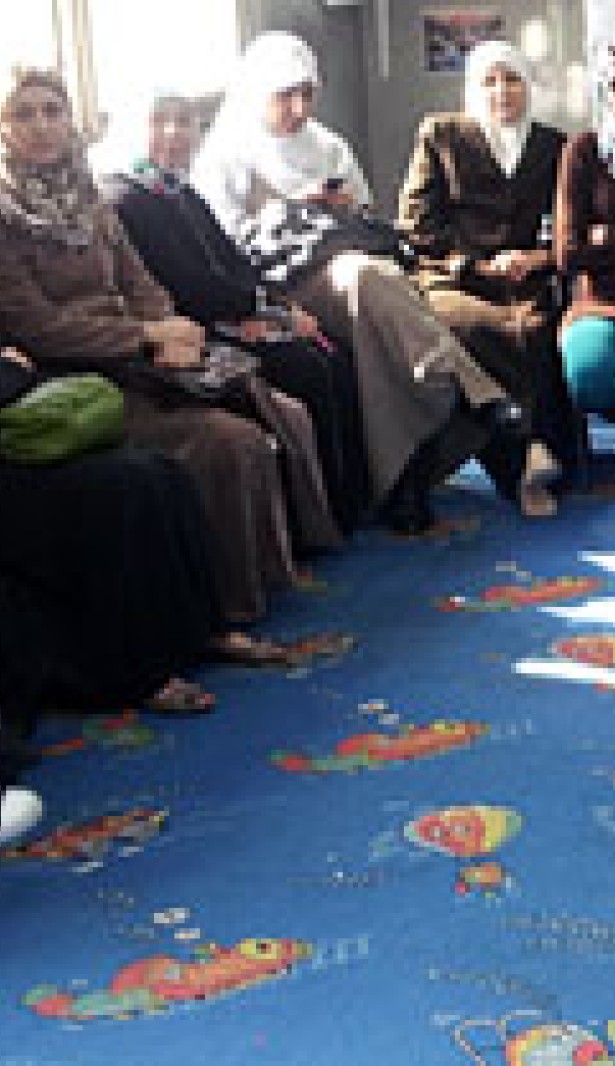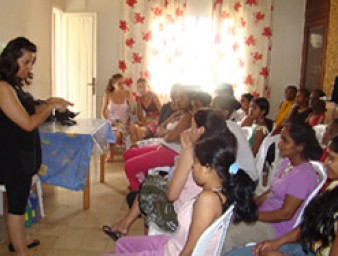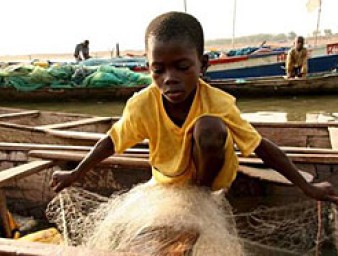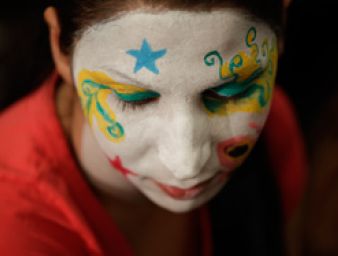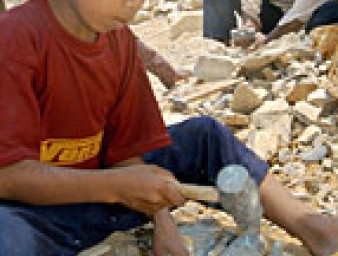Forced and early marriage: the story of Maysoun, a child bride
24 November 2014
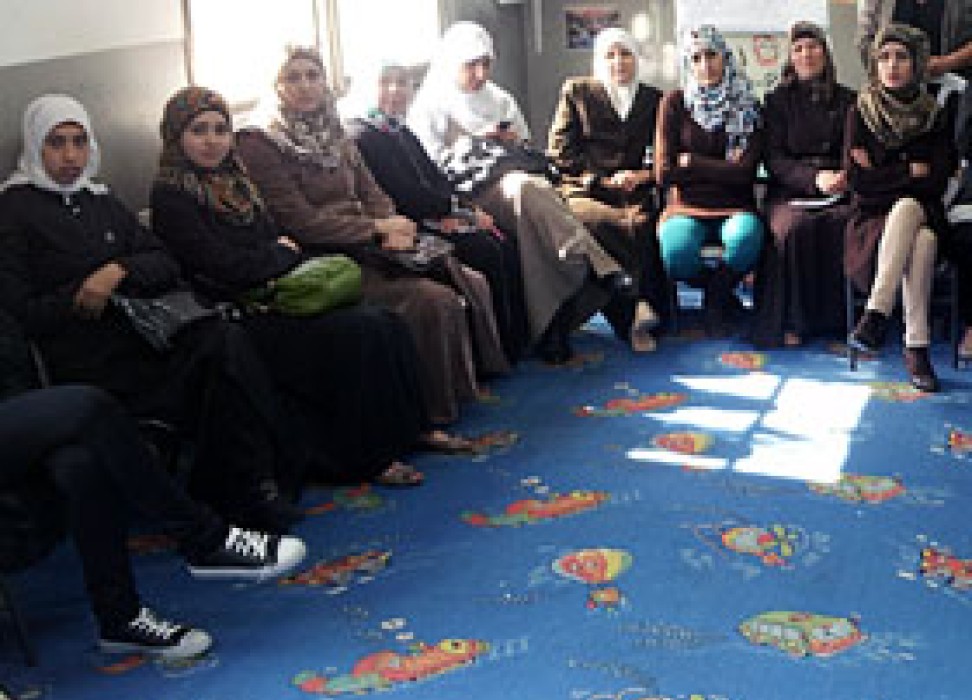
“Every day I wished I had never been born, for no one deserves such crushing pain and suffering,” said Maysoun, a victim of forced and early marriage in the State of Palestine. Maysoun was forced into marriage when she was just 15 years old. As soon as she was under her new husband’s roof, he made her quit school. Instead, she rose at dawn and spent her days washing, cleaning and cooking. The psychological pressure she endured was so severe that her health deteriorated and she began to hallucinate and talk to herself. Two years into the marriage, Maysoun’s husband left her, leaving her marginalized in the community and filled with shame.
“After I was divorced I felt like everyone was giving me dirty looks and wondering about the reasons for my divorce. I would walk down the street with my eyes fixed on the ground, trying to avoid eye contact,” said Maysoun, who was 17 years old at the time.
Eventually, Maysoun made contact with the NGO, Trust for Programs for Early Childhood, Family and Community Education, which placed her in a community-based programme aimed at empowering victims of early marriage and educating the community on the ills of early marriage.
Trust for Programs is one of the many civil society organisations whose work is underwritten by grants from the UN Slavery Fund.
With its support, Maysoun found she could speak freely about her experiences with other victims of forced and early marriage and was given the opportunity to take courses in sewing, housekeeping and computer science.
“I was transformed. I felt I was a real human being, able to voice my opinion within my family. Now they consult with me and listen to my advice,” she said.
Today, Maysoun has overcome her feelings of isolation and defeat. She is now an active member in her community and her work with Trust for Programs makes her an inspiration for other young women trapped in child marriage.
Read Maysoun’s story and others in “The Human Faces of Modern Slavery”.
The UN Voluntary Trust Fund on Contemporary Forms of Slavery is financed by State and other contributions. Established in 1991, the Fund is managed by the UN Human Rights Office, and has awarded several million US dollars in grants to more than 500 organizations worldwide to support projects delivering humanitarian, legal, psychological and social assistance to victims of slavery. A drop in contributions, since the financial crisis is now limiting the number of organizations the Fund is able to support.
In addition to traditional slavery, modern forms of slavery include serfdom, forced labour, debt bondage, the worst forms of child labour, the sale of children, forced and early marriage, the sale of wives and inherited widows, and trafficking in persons for exploitation and sexual slavery.
24 November 2014
